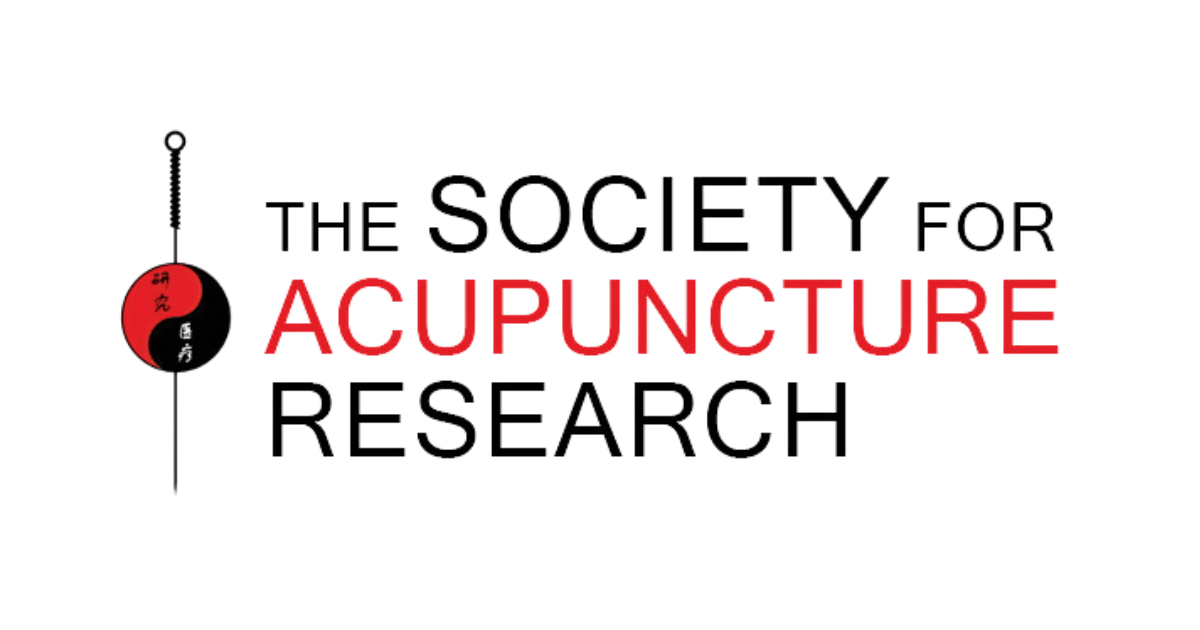2025 ConferenceMEMBER SYMPOSIA #1-3 Friday, April 4, 2025 (11am - 12:30pm)
Member Symposium #1: Building Capacity for Rigorous, Relevant, and Up To Date Systematic Reviews of Acupuncture Interventions Presenters: Myeong Soo Lee, PhD; Arya Nielsen, PhD; Susan Wieland, MPH, PhD; Mike Armour, PhD; and Sandro Graca, MSc, Lic. TCM, FABORM Nearly 1000 systematic reviews of acupuncture are available in PubMed, and many additional systematic reviews are available from other databases and non-indexed journals. Some reviews are carried out to high methodological standards and correctly characterize acupuncture such that the results meaningfully inform both clinical practice and further research. However, extensive research has demonstrated that many reviews suffer from methodological flaws, are lacking in their description and interpretation of acupuncture and control conditions, or are simply outdated and do not reflect the newest evidence. Acupuncture is increasingly accepted in some quarters but is challenged in others, and the acupuncture research community must unify to build capacity to conduct up-to-date systematic reviews that adhere to the highest quality, address relevant high-priority questions, and provide clinically relevant evidence that to impact practitioners, policy-makers, and the public. This workshop will be jointly conducted by acupuncturists and methodologists who have expertise in clinical practice, clinical trials and systematic reviews of acupuncture. The workshop will describe the current state of systematic reviews in acupuncture, outline how to apply standard systematic review methodological standards to acupuncture reviews, define the key acupuncture and control characteristics to be extracted and analyzed in systematic reviews of acupuncture to ensure clinical relevance, and propose next steps in building capacity and increasing the quantity and quality of high-impact systematic reviews of acupuncture. In this international collaboration of Cochrane authors from USA, Korea, UK, and Australia, we are involving practicing acupuncturists and systematic reviewers to ensure that the research is both methodologically and clinically of high quality, and crucially, that the research informs practice.
Member Symposium #2: Chinese Herbal Medicine In: Cancer and Stroke Settings Presenters: Alexandre Chan, Pharm.D., MPH; Qiujun Guo, MD; Min-Chieh Shih, MD; Mei-Yao Wu, MD Chinese Herbal Medicine (CHM), a key treatment modality in Traditional Chinese Medicine, is gaining global recognition for its potential in disease management and symptom relief. However, concerns persist regarding the lack of robust research evidence, herb-drug interactions, and safety evaluations. Given the complexity of CHM—ranging from its multi-herb compositions to its diverse applications—comprehensive, multi-methodological research approaches are essential to bridge these gaps. In this session, experts from China, Taiwan, and the United States will present four distinct studies on CHM applications in cancer, cardiovascular, and cerebrovascular diseases. Professor Hung-Rong Yen’s team (Taiwan) utilized a national-level database to assess the potential bleeding risks associated with CHM when used alongside novel oral anticoagulants. They also conducted a case-control study evaluating CHM’s impact on reducing mortality risk in stroke patients. Professor Alexandre Chan’s team (United States) conducted a randomized controlled trial investigating the effects of Xiang Bei Yang Rong Tang, a classic CHM formula, on cancer-related fatigue in breast cancer patients. Professor Baojin Hua’s team (China) performed a cohort study exploring the survival benefits of Fuzheng Huatan Jiedu formula in small cell lung cancer patients. This session offers attendees valuable insights into multi-methodological research strategies that strengthen the evidence base for CHM in major human diseases. Through an engaging panel discussion and Q&A session, participants will have the opportunity to interact with leading experts and explore the clinical applications and research advancements in CHM
Member Symposium #3: Various Facets of the Meridian and Acupoint Identification and Application Presenters: Heeyoung Kim; Weibo Zhang; EunMee Yang; Poney Chiang; and Younbyoung Chae, PhD Topological Atlas and Repository for Acupoint Research (TARA) project has been created and is planned to provide data and information which will help us better understand the biological basis of acupoints and broaden integration into clinical care. It is necessary to start by asking what acupoints and meridian channels are. Acupoints are known to be specific locations that are stimulated when an acupuncture needle is inserted. These acupoints are identified by neuroanatomical structures such as sensory nerve bundles, nerve endings, or palpable painful areas (e.g., trigger points). Acupoints can be identified as neurogenic sites in certain conditions. Meridian channels have a variety of characteristics. Meridian channels may relate to peripheral nerves, have lower hydraulic resistance, or form a hypothetical line that explains the link between diseases and acupuncture locations. This symposium will include scientific findings on various characteristics of meridian and acupoints, as well as an outlook on future collaboration between acupuncture and integrative medicine. |
